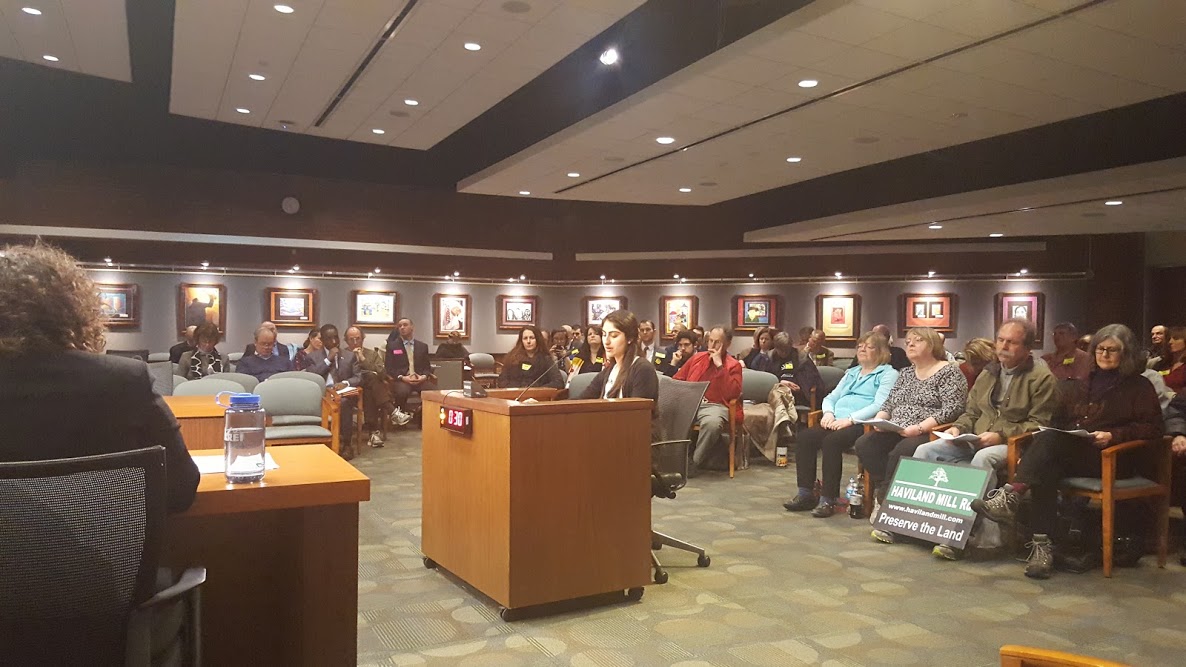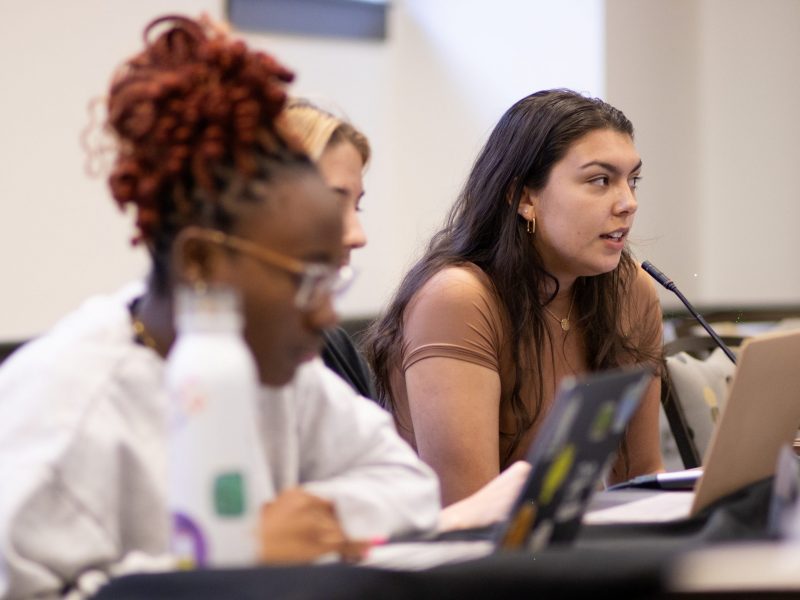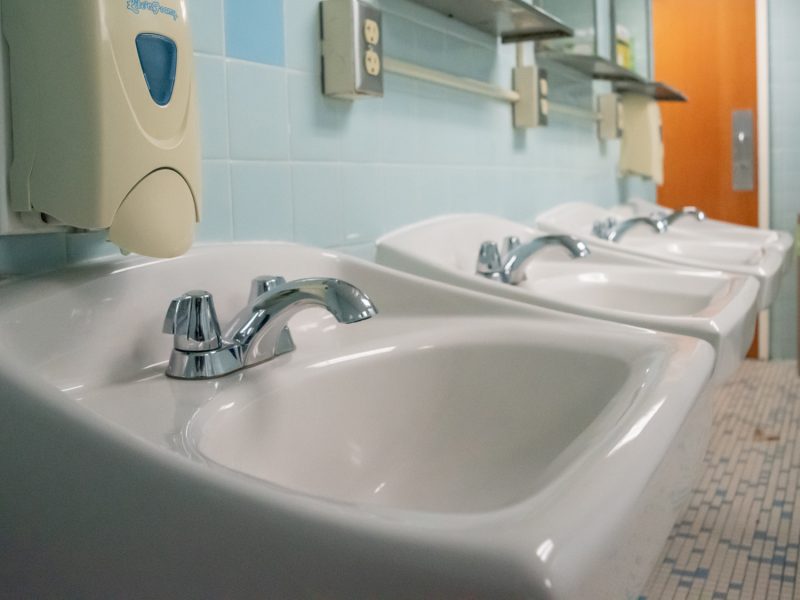Though in the past MaryPIRG has focused on statewide or national issues, the advocacy organization hoped to localize its approach this semester for maximum impact.
So when the group heard about the increasing prevalence of resolutions and bills for small donor matching programs, it was something members knew they wanted to pursue, said sophomore government and politics major Yasmin Shemali, the chapter’s assistant democracy campaign coordinator.
Students from MaryPIRG testified at the Howard County Council on Feb. 16 and the Maryland General Assembly on Feb. 18 in favor of small donor incentive programs, also called empowerment programs, which will match small donations up to six times the amount.
Small donor incentive programs seek to decrease the influence of big money in politics and, ideally, increase student participation. If this bill passes, college students and other demographics that typically don’t contribute much to political campaigns will be able to play a much bigger role.
“Most people who run for office are doing it because they want to make their communities a better place, but because there is this corporate money, they’re forced to spend an increasing amount of their time fundraising from mega-donors and corporations,” said Emily Scarr, director of Maryland PIRG, the statewide PIRG organization.
In the 2010 decision Citizens United v. FEC, the Supreme Court ruled that corporations, unions and special-interest groups can spend unlimited amounts of money on political campaigns and parties, thereby overturning previous restrictions on spending in the days before primaries and the general election, Klotz said.
Rather than trying to overturn this decision — which would require an amendment — small donor incentive programs “give people their voices back,” allowing them to compete with special-interest and corporation money, said sophomore government and politics major Sara Carter, coordinator of MaryPIRG’s democracy campaign.
The matching funds will likely be funded by taxes, Shemali said. One proposed matching method would ask taxpayers, through their tax returns, whether the taxpayer wants some of their taxes to enter a public fund.
MaryPIRG President Tom Klotz, a senior government and politics major, testified with Shemali before the Howard County Council. About 50 people in attendance at the meeting supported the resolution and no one testified against it, he said.
“The two council members that were the ones that proposed the council resolution were really excited to have us there, and I think across the council there was general interest and enthusiasm,” he said.
Carter, who testified before the Maryland Senate Education, Health and Environmental Affairs Committee in favor of the empowerment program bill, said that she thought her status as a student contributed to popular support of the bill.
“Congress people and public office holders … get excited when they see students come because it’s not very common,” Carter said. “I think my presence alone made a big difference. … Just the fact that there was a student there who cared enough about the issue to show up, that says a lot about the bill itself.”
Though the passage of a bill might not have a “huge, immediate effect” if it passes, it’s something that MaryPIRG would hope to publicize in the future, Carter said.
Additionally, if a bill were to pass in this state, it could have a domino effect in helping similar bills pass nationwide, Klotz said, as it would “promote this idea that it is the government’s responsibility to engage as many voters, as many people, as possible.”
Maryland PIRG has done substantial work advocating this cause, including releasing reports and hosting educational forums, house parties and film screenings, Scarr said.
“I’ve been doing this work for 10 years, and money in politics has been an issue for a long time,” she said. “It’s reached fever pitch because that what it’s going to take to fix our democracy.”



